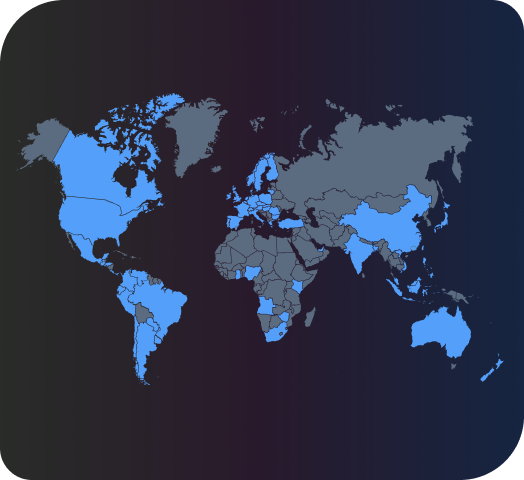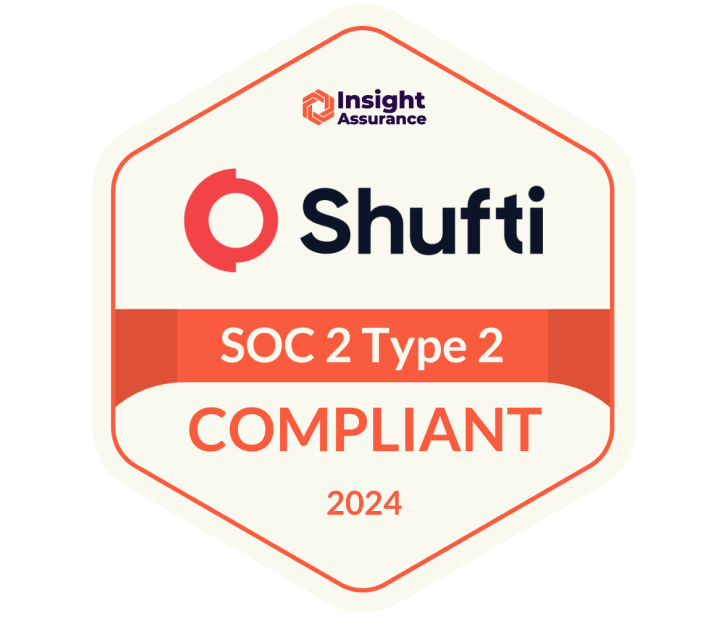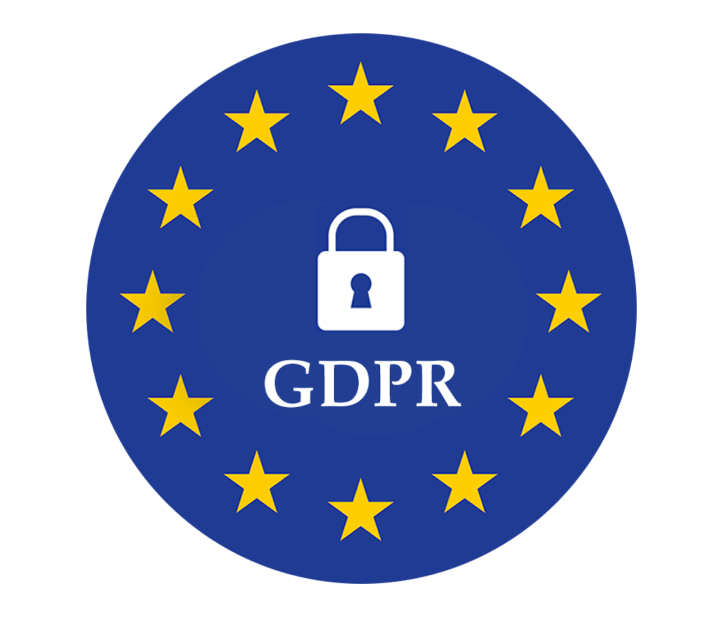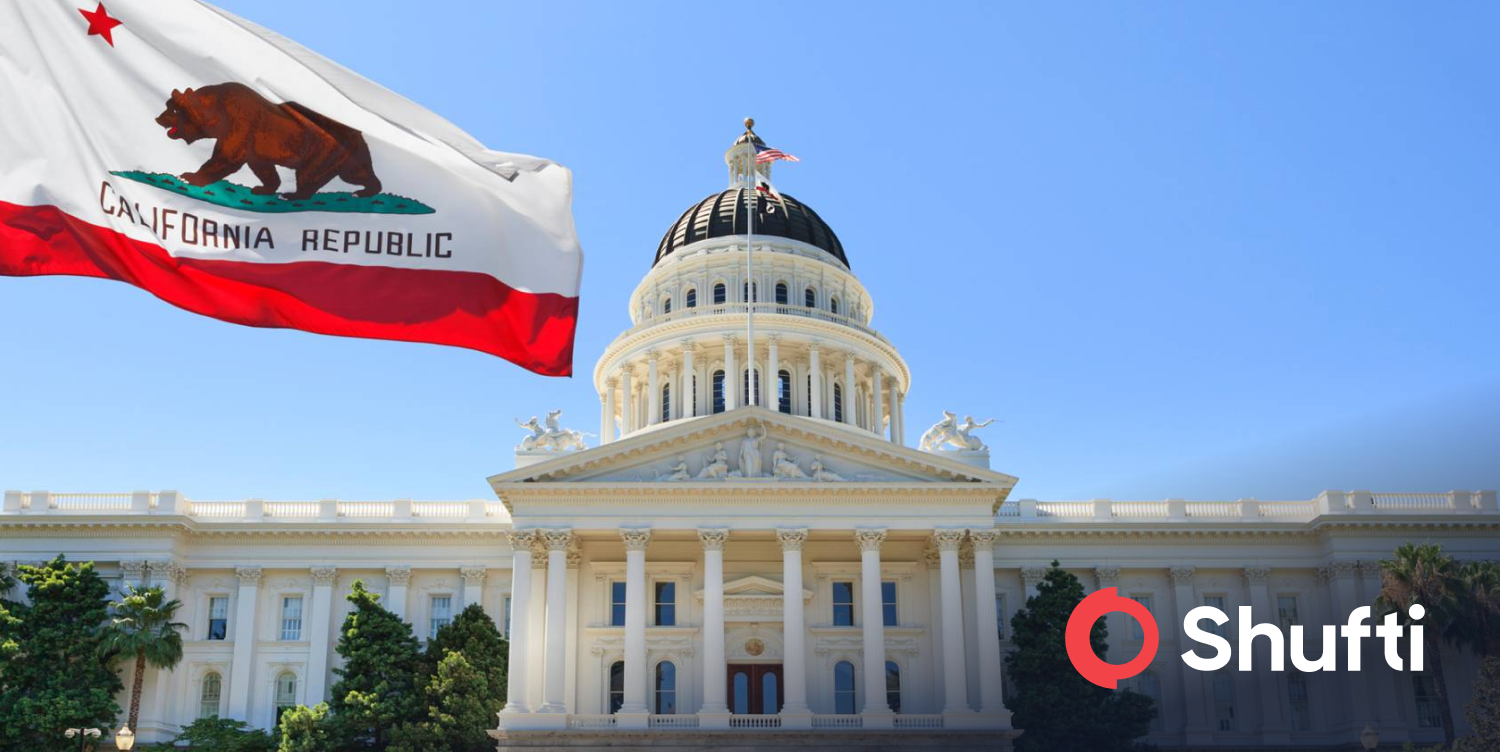Michigan Lawmakers propose that Age Verification be mandatory to access pornography

Legislators in Michigan have proposed bills that would mandate users to go through age verification to access online pornography. Michigan is not alone in this growing trend of mandating age checks, as more than 20 states in the U.S. have enacted or adopted age verification requirements, with nine laws taking effect in the past year.
In March, Senate Bill 191, proposed by Sen. Thomas Albert, a Republican representing Lowell (a City in Massachusetts), was introduced and would mandate adult websites to verify that the user is over the age of 18 ( or the age threshold set by the state). The bill proposes verification of a user via a government-issued ID, but prohibits websites from keeping the personal data after confirming the age of a user, the office of Albert stated.
Another bill introduced in May by Brad Paquette, a Republican from Niles, and Sen. John Cherry, a Democrat from Flint (House Bill 4429 and Senate Bill 284), proposes that websites verify the age of users where at least one-third of the content is considered explicit. The bills involve using digital signals or application programming interfaces to ensure that a user is within an age range before granting access through a third-party system.
“We are drawing from successful approaches used across the country. Our hope is that our colleagues see this proposal for what it is — model legislation on how to navigate this problem,” Brad Paquette stated.
Proponents claim that the initiatives are meant to help limit minors’ access to sexually explicit material. c
“This legislation puts some commonsense age parameters around sites that have a detrimental effect on our kids,” Senator Albert said in a March statement.
Paquette called the bill “model legislation,” reflecting approaches already adopted in other states.
The issue has gained momentum nationwide. At least nine states enacted age verification laws in the past year, according to World Population Review. However, the methods used to verify age vary, as some require users to upload a government ID, while others mandate the use of third-party digital verification systems.
Salomé Viljoen, who is an assistant professor at the University of Michigan Law School, said digital signal methods are less invasive than ID upload requirements. “There are ways to achieve these goals that are way less privacy invasive,” she told the Detroit Free Press.
Privacy groups, including the Cato Institute, warn that requiring websites to handle personal data could expose users to risks from hackers.
Michigan lawmakers are expected to continue debating age verification as legislatures nationwide weigh new limits on online adult content.






























